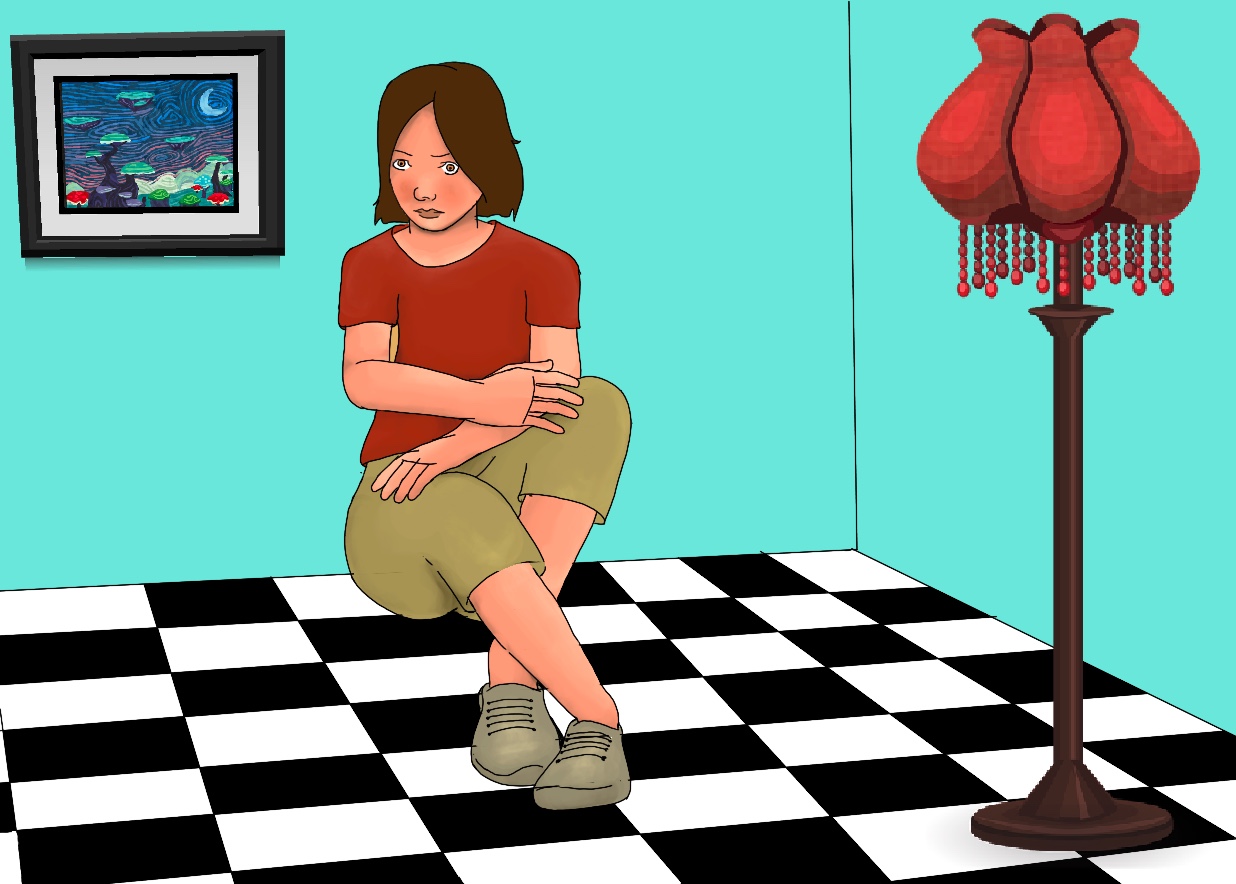
|
 |
 |
|
 |
Don’t complain; just work harder. […] Complaining does not work as a strategy. We all have finite time and energy. Any time we spend whining is unlikely to help us achieve our goals. And it won’t make us happier, Randy Pausch.
Today I can complain because the weather is rainy or…I can be thankful that the grass is getting watered for free, Anonymous.
This is a variant of the pessimist person. They are the ones who constantly whine and complain about everything and anything, and how tough life is. They find flaws everywhere and are quick to point them out, but they are not willing to lift a finger to do anything about it. They never propose anything that could solve the problem or palliate it.
They feel bored, frustrated, irritable, fed up, and lacking in energy. They find difficulties in opportunities, dissatisfaction in any situation, flaws in everything and everyone, and problems in every solution. They could become bitter, cynical, and depressed.

How to deal with the chronic discontent
It is very important to accept the most basic rule. The person is not going to change. I insist, just face it, you are not going to change him or her. Accept this fact. Recognize and accept them as they are.
If they have something against you, you should listen to them actively and patiently. More importantly, do not react defensively, aggressively, blame others, or become argumentative – no matter how hurt, disappointed, or annoyed you feel! Ask for help from someone you trust. Accept their criticism when they are right, show that their opinion is valued and respected, and try to learn from it.
Do not blame yourself too much because we all make mistakes and you, at least, are willing to change and do something about it. Any fool can criticize, condemn, and complain, and most fools do (Dal Carnegie), but it is hard to keep going where life gets tough, and be willing to learn and grow from your mistakes, failures, and experiences.
Regard your errors as opportunities to learn and grow. Try to find a way to solve or palliate your problems, walls, and conflicts. Be fully committed to work hard, and you will be a positive model of honesty, integrity, attitude, and work ethic, someone who inspires positive change, influences others for good, and drives continuous improvement. More importantly, do not let yourself fall into their negative, destructive, and pessimist sphere of influence.
Avoid speaking badly about others, e.g., your colleagues, boss, company, etc. with the chronic complainer. It is better for us to remain silent. Criticising others is counter-productive because it produces discouragement, resentment, and bitterness.

We all make mistakes and do things we wish we could take back, but it is what we do afterwards that truly matters, Lisa De Jong.
Be patient and understanding. There are really difficult people out there, but it is also true that we all go through moments where we become touchy, fussy, and negative. Who hasn’t gone through a rough patch (the death of a loved one, a serious illness, loss of job, etc.) in which we couldn’t stop complaining about everything and everyone?
Let me give you a more illustrative example. You just went under the knife. You’re worried and concerned about the surgery’s results and the evolution of your sickness. You feel pain after the operation, and you are whiny and upset. What are the reactions of people who come and visit you in the hospital? There are obviously many, but there are two that are clearly unwelcome.
Some people will tell you that they are more sick (“This is nothing compared to what I have…”), have more problems to deal with, more calamities, etc. than you. They will explain their misery, in excruciating, infinitesimal detail, at the first opportunity they can find. The message is clear: “You are complaining too much,” “This is not a big deal,” “I’m much worse than you are.”
The second reaction is to provide too much unwelcome advice, e.g., “You’ll see how you feel much better tomorrow,” “Do not think about your sickness any more, you’ll see how everything turns out just fine,” “I am telling you that worrying will not solve your problems. Instead, it’ll increase your problems and make you weak. By the way, did I tell you…?”
This style of communication is untimely, unfair, and in many cases, more harmful than helpful. It makes people really nervous, angry, and frustrated. They feel misunderstood and alone because they need someone who listen to them and understand their feelings, thoughts, and emotions without judging. Sometimes, it seems like a fight to show who has more problems. This style misses completely the point.
If you visit someone in hospital, listen actively and carefully to them, show them empathy and sympathy. Ask them open questions about how they are, how they feel, and how the treatment is developing, e.g., “Tell me, how do you feel?” “Wow!, and what has the doctor told you about the surgery?” Some encouraging words are also useful, e.g., “Due to your positive attitude, I think that you are on the right track to a full, speedy recovery!,” “You are doing the best that you can, and that is more than enough,” “If I were having that experience, I wouldn’t know how to handle it.”